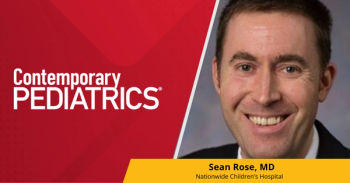
Home nurse visits decrease maternal and infant mortality
Disadvantaged mothers who receive regular home visits by nurses during pregnancy and through their child’s second birthday are less likely to die from all-cause mortality and their children are less likely to die from preventable causes than their counterparts who do not have such visits.
Disadvantaged mothers who receive regular home visits by nurses during pregnancy and through their child’s second birthday are less likely to die from all-cause mortality and their children are less likely to die from preventable causes than their counterparts who do not have such visits. These were the main findings of a 2-decade study in more than 1100 primarily African American women and their firstborn children who lived in highly disadvantaged urban neighborhoods.
Participants were assigned to 1 of 4 treatment groups. Women in group 1 were provided free transportation for prenatal care appointments and those in group 2, also provided with transport, received developmental screening and referral services for their children during the first 24 months of life. Groups 1 and 2, which received no visiting nurse support, were control groups; groups 3 and 4, which did receive nurse visits, the intervention groups.
The visiting nurses helped women improve their prenatal and postdelivery health and provide competent care to their babies. The nurses also helped women develop self-care practices, plan subsequent pregnancies, complete their educations, and find employment.
At 21 years after the start of the study, the mean all-cause mortality rate among mothers was 3.7% in groups 1 and 2 combined, compared with 0.4% in group 3 and 2.2% in group 4. Child deaths during this period numbered 16, 7 of which were related to disease (5 in group 2; 2 in group 4). Of the 9 deaths that were preventable-sudden infant death syndrome, unintentional injuries, or homicide-all were in group 2. There were no deaths associated with preventable causes in group 4 (
Ms Freedman is a freelance medical editor and writer in New Jersey. Dr Burke, section editor for Journal Club, is chairman of the Department of Pediatrics at Saint Agnes Hospital, Baltimore, Maryland. The editors have nothing to disclose in regard to affiliations with or financial interests in any organizations that may have an interest in any part of this article.
Newsletter
Access practical, evidence-based guidance to support better care for our youngest patients. Join our email list for the latest clinical updates.






